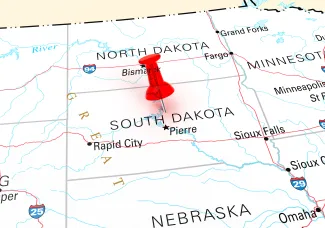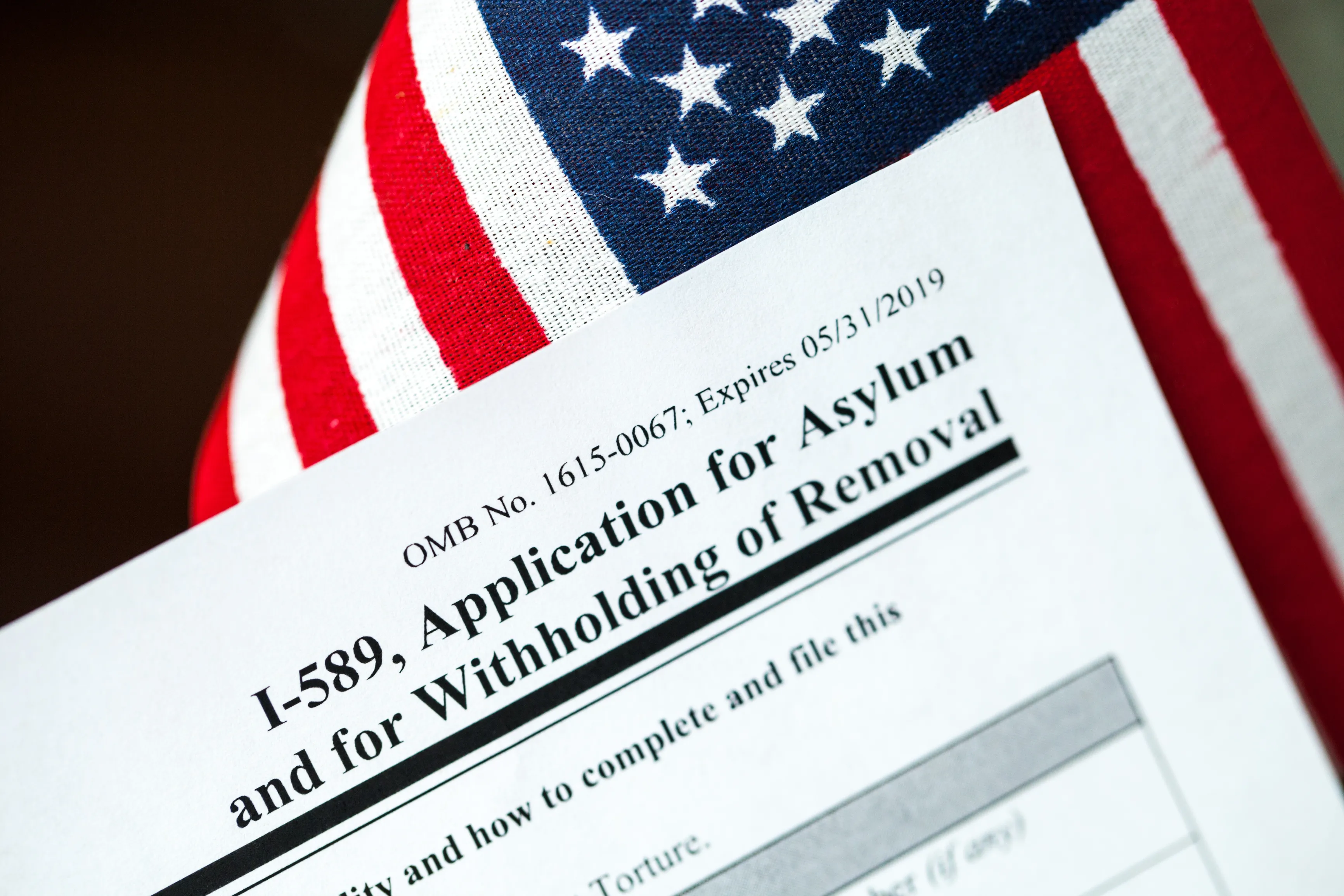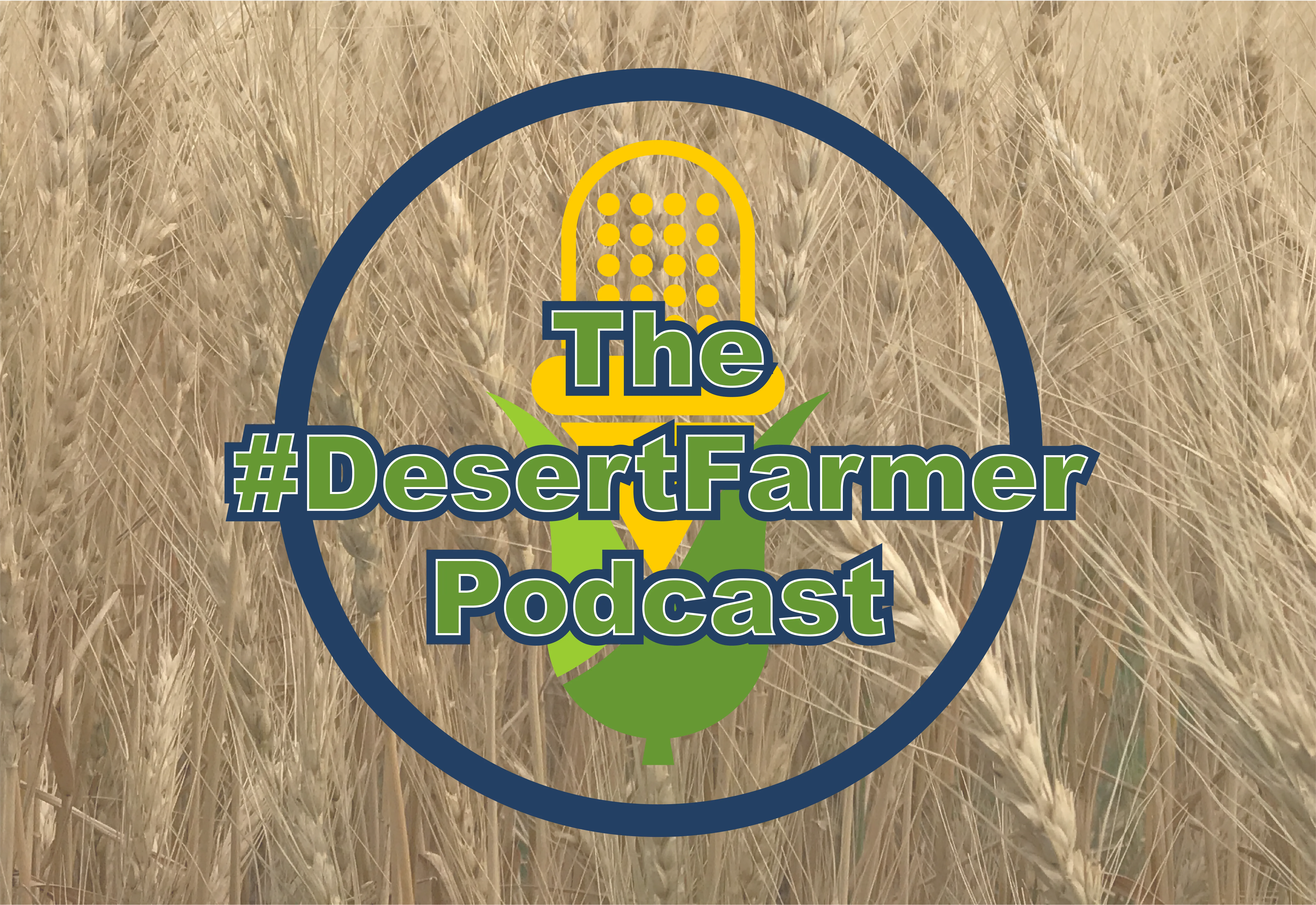
South Dakota Medicaid expansion becomes ensnared with work requirement debate
Click play to listen to this article.
(Greater Dakota News Service) As South Dakota continues to implement a Medicaid expansion approved by voters in 2022, controversy has emerged with some lawmakers seeking approval for work requirements.
The state Senate recently advanced a bill to put the issue on the November ballot. Voters would be asked whether some Medicaid recipients should have to prove they are employed as a stipulation for receiving the expanded health coverage. The provision would not apply to those with a physical or mental disability.
Jill Franken, retired director of Sioux Falls Health Department, said such a move would create undue burdens for those who just found out they qualified.
"This is just going to be another way of it becoming very confusing to people that already have very stressful lives and are trying to make ends meet," Franken contended.

Franken argued the requirement would keep more people out of the workforce because they could not get coverage to manage a chronic health issue. AARP South Dakota also opposes the idea, saying there are too many unknowns, including whether there would be exemptions for family caregivers. Republican supporters have raised several arguments, including the need to incentivize people to work.
But Franken, who also is a volunteer for AARP, said many people on Medicaid do work, with some having their employment occasionally disrupted by health problems. She pointed out if approved, the added provision would be especially hard on older adults still in the workforce.
"They're kind of the forgotten people, I think sometimes that we just don't pay attention to," Franken asserted. "A lot of them can be in that 50 to 64 age range; individuals who are trying to be productive but it's not always an option for them to be regularly employable."
Franken stressed lawmakers still need to allow implementation to run its course. Prior to winning approval in 2022, it was estimated the expansion would cover an additional 42,000 South Dakotans. State officials recently testified so far, nearly 18,000 people have become new enrollees. Federal incentives are covering much of the expansion costs, and the state would also need federal approval to add the requirement.

















